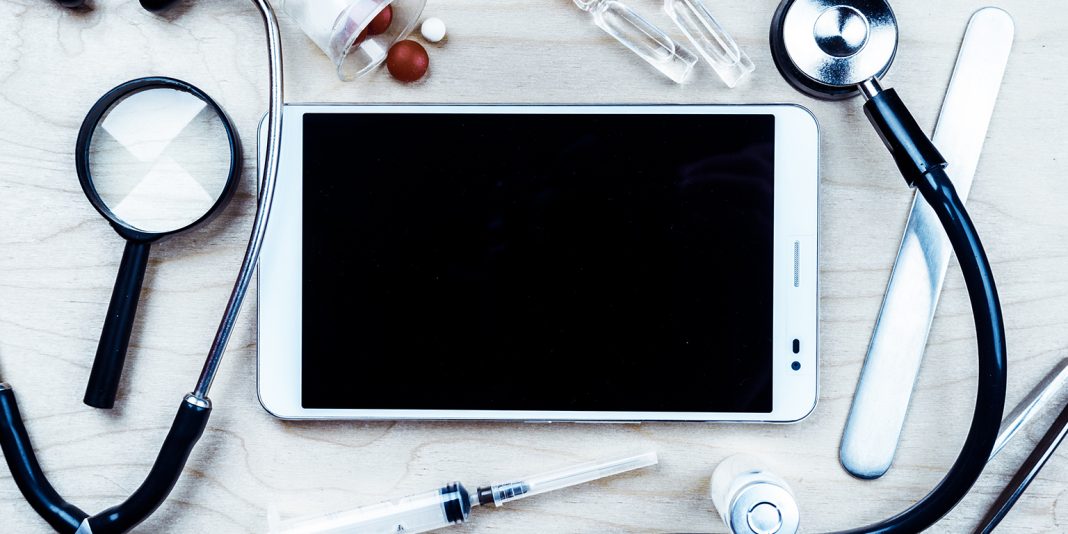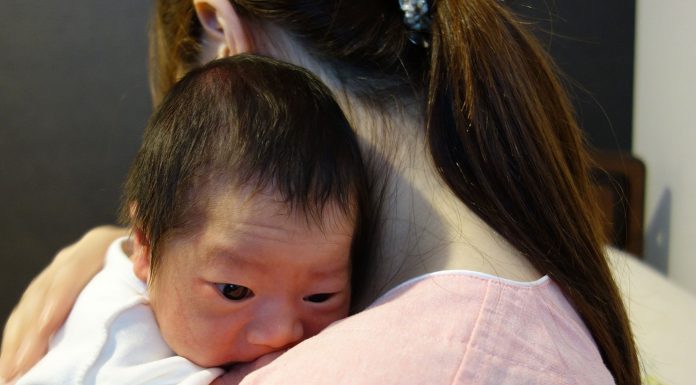Supporting youth in crisis and helping immigrant children catch up with immunisations are two digital innovations co-led by nurses to make this year’s Clinicians’ Challenge finals.
The two projects are among the four finalists from 41 entries received this year for the $20,000 annual digital health challenge, with the winners decided at the 2017 HiNZ conference in Rotorua in early November.
An app designed to help support young people in crisis has been created by Wellington mental health nurse Dion Howard, working with development team Jaymesh Master, Michael Smith and Rosie Parry, and is one of two finalists in the Active Project category.
The Ask Ruru app creates a log of all crisis-based texts and calls between community health workers and young adults and teenagers (who generally rely on mobile calls and texts to communicate). The aim of the app’s log is for mental health professionals to be able to deliver safe and more effective crisis coaching for young people by being able to access and analyse their communications with health workers. The information could be used to help promote earlier intervention, decide on therapeutic models and manage ongoing crisis support.
Southern District Health Board nurse Jillian Boniface and public health analyst Leanne Liggett are finalists in the New Idea category, with a proposal to develop an online immunisation ‘catch-up’ calculator for immigrant or refugee children.
Boniface is the DHB’s programme leader for vaccine preventable diseases. The pair says that planning immunisation catch-ups is a “complex, time-consuming and manual process for busy practice nurses”. The aim of the calculator is to simplify data collection, improve workflow efficiencies, support timely clinical delivery and ensure the National Immunisation Register is updated.
The other finalist in the New Idea category is from Dunedin family physician Dr Adrian Laurence, who is proposing to develop a web and mobile application called GreenHub to help simplify the Green Prescription (GPX) system for consumers, providers and clinicians.
The aim of this secure application is to streamline consumer enrolment, management and communication to save time and improve health outcomes for consumers who are given green prescriptions to support them in making healthy lifestyle changes, such as increasing exercise levels and improving dietary habits. The proposal is for GreenHub to combine multiple communication methods, including smartphones, secure video chat, messaging and notifications, enabling patients to communicate in the ways they choose. GPX clinicians, such as nurses and doctors, could also use GreenHub to monitor their patient’s progress and set triggers to know when patients need extra support.
The other finalist in the Active Project category is dermatologist Associate Professor Amanda Oakley, the founder of the online skin resource website DermNetNZ.org, and her daughter Emily Oakley, who is the website’s development manager.
The mother and daughter team aim to add a skin disease image recognition tool to the website, which would use artificial intelligence software to identify images of skin diseases through pattern recognition, leading to quicker, easier and more accurate diagnosing. Their intent is for the tool to be either free or low cost to healthcare providers worldwide as long as they have a mobile or desktop device that can connect to the internet. The pair say that an estimated one in six visits to a doctor are for skin complaints and many communities worldwide have very limited access to dermatologists.
The Clinicians’ Challenge is a joint initiative by the Ministry of Health and Health Informatics New Zealand (HiNZ) and the finalists receive free registration to the three-day HiNZ conference. The four finalists present their cases at the HiNZ conference and the winners will be announced at the awards lunch on 3 November. The winner of each category receives a grant of $8,000 and the runner-up $2,000.
Clinicians’ Challenge Categories 2017
New idea: a disruptive innovation for a digital system or application to deliver health services in new ways to enhance patient outcomes, improve workflows, deliver efficiencies and/or support more integrated care.
Active project/development: an innovation for a system or application being developed, or already developed, that improves the way people work, supports better patient care, delivers efficiencies and results in more integrated health services.






















